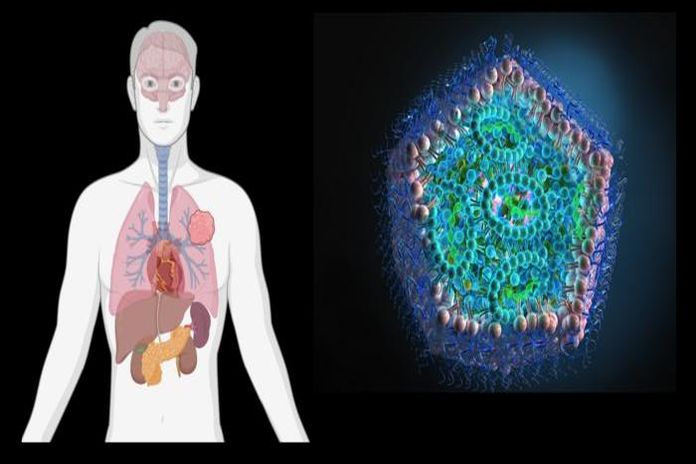Oregon State University
PORTLAND, USA – The US Department of Defense has awarded up to $11.9 million to Oregon State University to invent new drug delivery technologies for protecting members of the military from a range of health threats in combat areas.
Once designed, developed and tested, the technologies could also be applied as needed within the general public, said OSU College of Pharmacy nanomedicine researcher Gaurav Sahay, the project leader.
The award comes from the Defense Advanced Research Projects Agency through its Hermes program, whose goal is finding new ways to deliver therapeutic agents throughout the body with exceptional efficiency and minimal toxicity. In Greek mythology, Hermes is the messenger of the gods and the protector of travelers.
“To do what the Hermes program is looking for, we need to enable intracellular delivery of messenger RNA to diverse cell and tissue types while overcoming the negative side effects and other challenges associated with broad systemic delivery,” said Sahay, who has dual appointments at OSU and Oregon Health & Science University and studies lipid nanoparticles.
Lipids are organic compounds containing fatty tails and are found in many natural oils and waxes, and nanoparticles are tiny pieces of material ranging in size from one- to 100-billionths of a meter. Lipid nanoparticles carrying messenger RNA is the technology underpinning coronavirus vaccines.
Sahay’s team will work on developing novel platforms and formulations capable of encapsulating large, complex biologics; understanding, monitoring and minimizing unwanted immune system responses; and ensuring the therapeutic cargo within the nanoparticles reaches the part of the cell where it can perform its intended function.
The hope is to be able to deliver the nanoparticles via inhalation or subcutaneous injection and provide protection against infectious diseases as well as ionizing radiation and chemical and biological threats.
“This award shows we are recognized for doing state-of-the-art work in intracellular drug delivery,” said Sahay, professor of pharmaceutical sciences and the co-director of the college’s Center for Innovative Drug Delivery and Imaging, or CIDDI. “This award is the culmination of a decade of my lab’s work in lipid nanoparticles and messenger RNA delivery and close work with team members at CIDDI.”
Sahay and collaborators have named their three-year project TALARIA, short for tailored, adaptive lipid nanoparticles for aerosolization and intramuscular administration. The team includes Adam Alani, Oleh Taratula, Olena Taratula, Conroy Sun and Yulia Eygeris of OSU; Jon Hennebold and Ben Bruwitz of the Oregon National Primate Research Center; and members of Rare Air Health, Inc.





